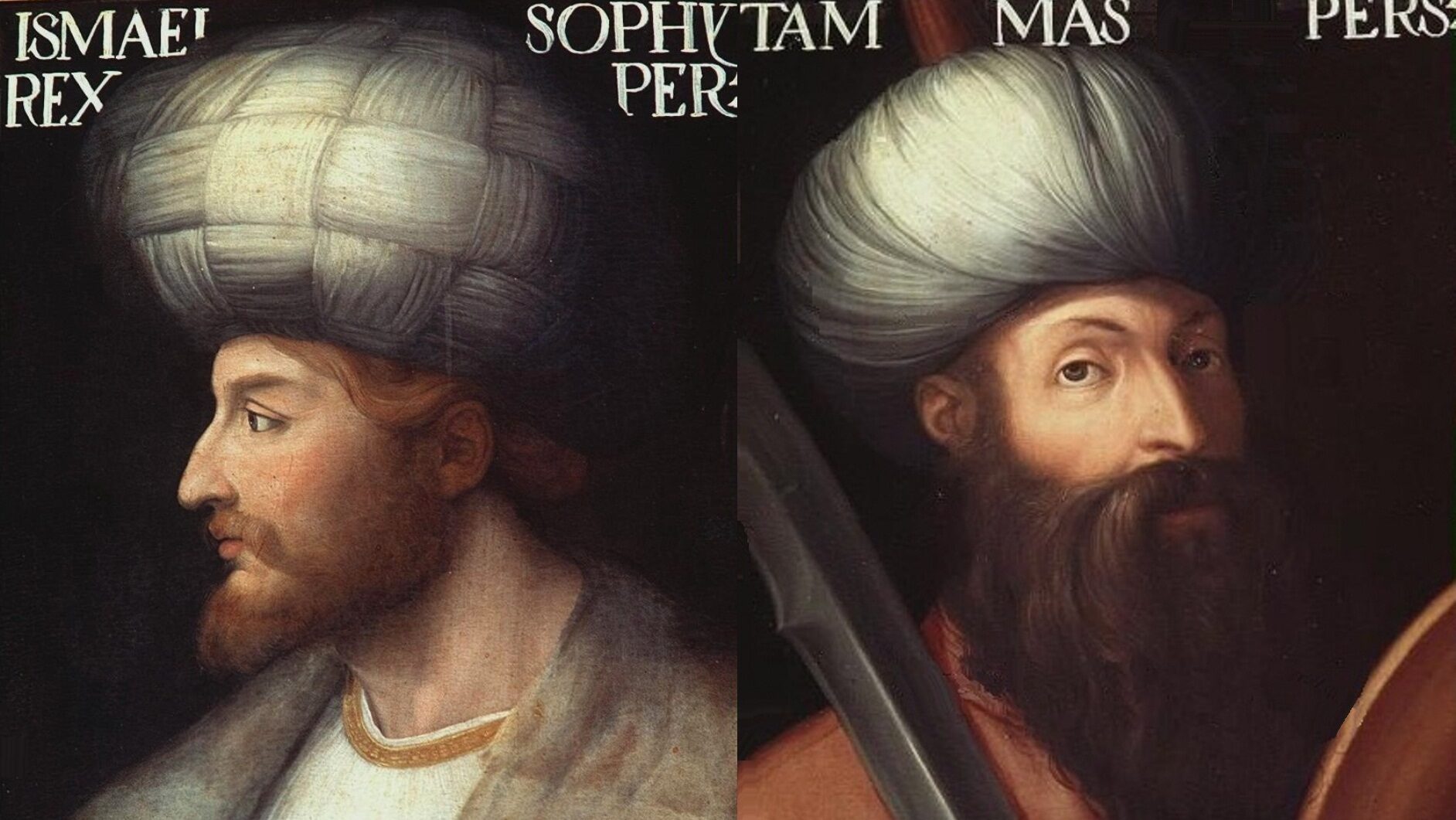Iranian-Turkish Competition in the Arab Levant
Al Qabas, Kuwait, October 19
The Ottoman-Safavid rivalry began as a minor tribal feud and evolved into a significant sectarian struggle, defined by the Ottomans’ adoption of Sunni Islam and the Safavids’ embrace of Shiism under Ismail Safavid. Despite his Sunni-Sufi ancestry, Ismail Safavid imposed Shiism on Iran in 1501, inviting clerics from Iraq and Lebanon to educate the populace due to the lack of local Shiite scholars. His policies eliminated Sunni Islam and suppressed other Shiite sects such as Ismaili and Zaydi Shiism. Empires often build their power around a dominant ideology. For instance, the Roman Empire’s adoption of Christianity extended its influence, demonstrating how religious partnerships legitimized rulers and inspired art and architecture. Even secular sociologists acknowledge this fusion’s role in creating iconic cathedrals and mosques. The connection between Iran and Lebanon’s Shiites began with Ismail Safavid and Jabal Amil clerics. Even Iran’s secular Shah in the 1950s promoted this relationship. During a tense 1957 visit to Lebanon, the Shah offered aid to Shiites, which was declined by Speaker Sabri Hamadeh, symbolizing a rejection of Iranian meddling. By then, Lebanese Shiites had limited political power until Musa al-Sadr arrived in 1959, catalyzing a societal shift. Al-Sadr, fostering interfaith cooperation with figures like Bishop Grégoire Haddad, highlighted Shiite deprivation and founded the Supreme Shiite Islamic Council in 1969. In 1974, al-Sadr formed Amal but vanished mysteriously in 1978. After the Iranian revolution, Iran aimed to control Amal but instead founded Hezbollah. Iran’s ambitions to influence Arab Shiites often encounter resistance due to their distinct cultural identities. Notably, language often defines nationality more than genetic heritage in the Middle East, creating a complex interplay of Arab, Persian, and Turkish ancestries. Arab-Iranian relations, marred by conflicts like the Iran-Iraq War, contrast sharply with flourishing Arab-Turkish ties, marked by economic and cultural exchanges. Arabs prefer Turkey’s governance and education, reflecting a need for cultural rapprochement with Iran. Iraqis might mediate this reconciliation, exemplified in Abbas Latif’s novel The Ascent to Shiraz, which portrays an Iraqi soldier finding common ground with an Iranian counterpart through literature, symbolizing shared humanity amid conflict. —Hamed Al-Hamoud (translated by Asaf Zilberfarb)
This holiday season, give to:
Truth and understanding
The Media Line's intrepid correspondents are in Israel, Gaza, Lebanon, Syria and Pakistan providing first-person reporting.
They all said they cover it.
We see it.
We report with just one agenda: the truth.



